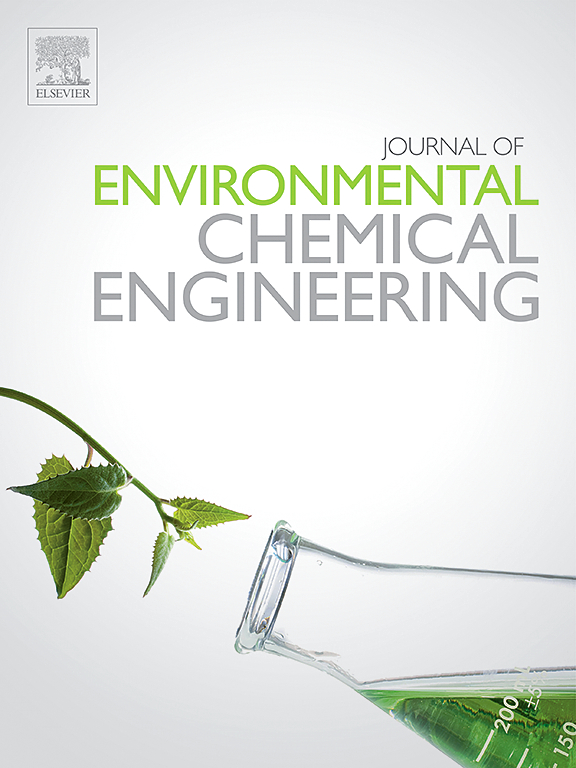二氧化碳电还原为甲酸/甲酸盐的反应机理、金属催化剂和反应器的研究进展
IF 7.4
2区 工程技术
Q1 ENGINEERING, CHEMICAL
引用次数: 0
摘要
电催化CO2还原反应(CO2RR)是一种很有前途的将CO2转化为有价值化学品的方法,受到了广泛的关注。本文首先综述了CO2还原生成甲酸酯的反应机理,分析了关键中间体和可能的途径。然后研究了金属催化剂的合成和催化性能,包括Sn, Bi, In, Pb和Sb。讨论了各种提高CO2RR效率的策略,如杂原子掺杂,合金化,缺陷工程和表面改性,重点是通过调整催化剂的电子结构和表面性质来改善中间吸附和反应动力学。此外,本文还介绍了反应器控制和电解槽设计方面的性能优化。尽管在催化剂开发和机理理解方面取得了进展,但在选择性、稳定性、可扩展性和经济可行性方面仍然存在挑战。展望了未来CO2RR技术商业化和解决全球能源与环境问题的研究方向。本文章由计算机程序翻译,如有差异,请以英文原文为准。
Research progress on the reaction mechanism, metal-based catalysts, and reactors for CO2 electroreduction to formic acid/formate
The electrocatalytic CO2 reduction reaction (CO2RR) is a promising method for converting CO2 into valuable chemicals and has gained significant attention. This paper first reviews the reaction mechanism of CO2 reduction to formate, analyzing key intermediates and possible pathways. It then examines the synthesis and catalytic performance of metal catalysts, including Sn, Bi, In, Pb, and Sb. Various strategies to enhance CO2RR efficiency, such as heteroatom doping, alloying, defect engineering, and surface modification, are discussed, focusing on improving intermediate adsorption and reaction kinetics by tuning the catalyst's electronic structure and surface properties. Additionally, the paper covers performance optimization through reactor control and electrolyzer design. Despite progress in catalyst development and mechanism understanding, challenges remain in selectivity, stability, scalability, and economic feasibility. Future research directions for commercializing CO2RR technology and addressing global energy and environmental issues are also explored.
求助全文
通过发布文献求助,成功后即可免费获取论文全文。
去求助
来源期刊

Journal of Environmental Chemical Engineering
Environmental Science-Pollution
CiteScore
11.40
自引率
6.50%
发文量
2017
审稿时长
27 days
期刊介绍:
The Journal of Environmental Chemical Engineering (JECE) serves as a platform for the dissemination of original and innovative research focusing on the advancement of environmentally-friendly, sustainable technologies. JECE emphasizes the transition towards a carbon-neutral circular economy and a self-sufficient bio-based economy. Topics covered include soil, water, wastewater, and air decontamination; pollution monitoring, prevention, and control; advanced analytics, sensors, impact and risk assessment methodologies in environmental chemical engineering; resource recovery (water, nutrients, materials, energy); industrial ecology; valorization of waste streams; waste management (including e-waste); climate-water-energy-food nexus; novel materials for environmental, chemical, and energy applications; sustainability and environmental safety; water digitalization, water data science, and machine learning; process integration and intensification; recent developments in green chemistry for synthesis, catalysis, and energy; and original research on contaminants of emerging concern, persistent chemicals, and priority substances, including microplastics, nanoplastics, nanomaterials, micropollutants, antimicrobial resistance genes, and emerging pathogens (viruses, bacteria, parasites) of environmental significance.
 求助内容:
求助内容: 应助结果提醒方式:
应助结果提醒方式:


